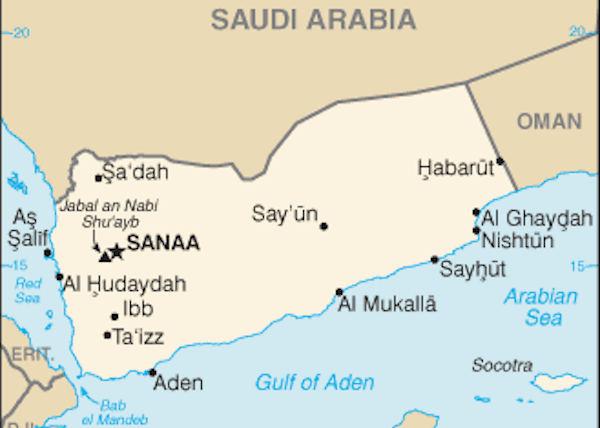In light of recent events in Europe, The New York Times tweeted out a public scan of two articles from late March 1939, about 5 months before World War II officially began in Europe. The (long and descriptive) headlines read:
REFUGEE TIDE RISES AS HITLER EXPANDS; Increasing Problem Presented to Other European States– Relief Groups Are Active MANY RECEIVED BY BRITAIN But Her Rules for Admittance Are Severe–Hundreds Enter Belgium Weekly in Secret
You can read the full articles easily online and read the opening right here:
The short version? For six years, by then, Europe had grappled with hundreds of thousands of desperate refugees secretly crossing their borders to escape Nazi Germany and its pre-war annexed territories. Many countries (such as Belgium) responded by turning people away or sending them back. Britain had very tight rules, usually requiring entrants to a have a job lined up or proof of plans to move on to a different country from there.
It’s worth remembering these stories and how bad they look in hindsight, as countries today consider turning people away — as they flee Syria, Afghanistan, and Eritrea — and suggest these refugees are dangerous outsiders or only migrants trying to take jobs from citizens.
Fortunately, as the article above also demonstrates, sometimes civil society actually does step up when the government balks. We saw that again this week in Iceland when 11,000 citizens volunteered to open their homes to refugees of the Syrian Civil War after the Icelandic government claimed there was only room for 50 people. But much more than that will be needed all across Europe.





